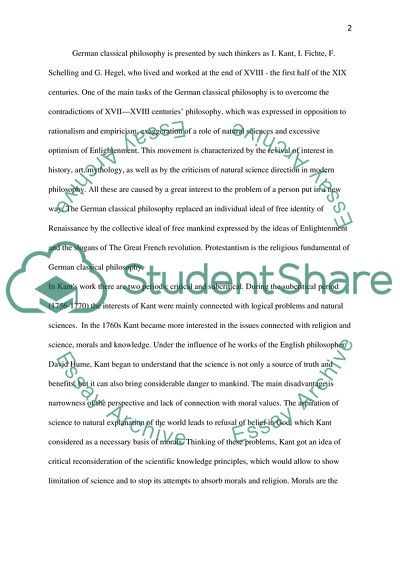Cite this document
(“Human status in regards to Aristotle and Kant Research Paper”, n.d.)
Human status in regards to Aristotle and Kant Research Paper. Retrieved from https://studentshare.org/philosophy/1694685-human-status-in-regards-to-aristotle-and-kant
Human status in regards to Aristotle and Kant Research Paper. Retrieved from https://studentshare.org/philosophy/1694685-human-status-in-regards-to-aristotle-and-kant
(Human Status in Regards to Aristotle and Kant Research Paper)
Human Status in Regards to Aristotle and Kant Research Paper. https://studentshare.org/philosophy/1694685-human-status-in-regards-to-aristotle-and-kant.
Human Status in Regards to Aristotle and Kant Research Paper. https://studentshare.org/philosophy/1694685-human-status-in-regards-to-aristotle-and-kant.
“Human Status in Regards to Aristotle and Kant Research Paper”, n.d. https://studentshare.org/philosophy/1694685-human-status-in-regards-to-aristotle-and-kant.


